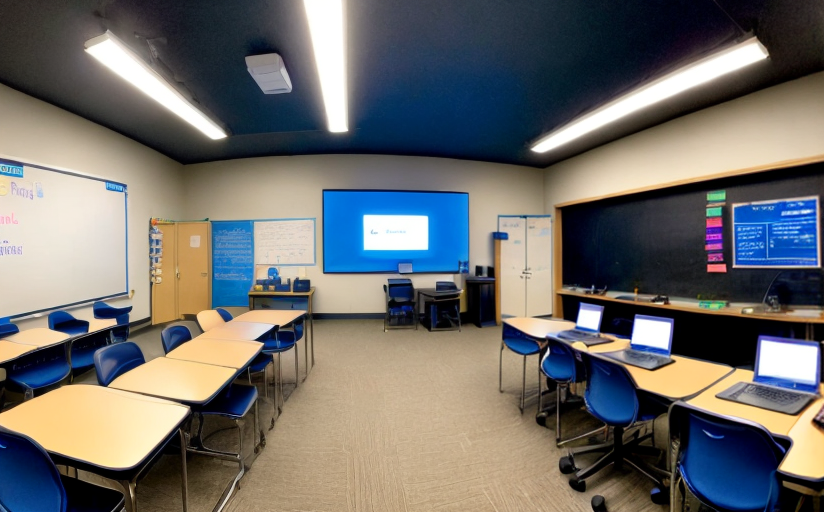The Influence of Science Fiction on Modern Education and Learning Methods
Science fiction (Sci-Fi), a genre of literature that explores imaginative and futuristic concepts, has long been renowned for its ability to broaden horizons, stimulate thought, and provoke discussion about the possibilities of technology and the universe beyond our planet. It is this unique ability that is now finding new applications in the field of education, transforming and shaping our modern learning methodologies with a profound impact.
The Pedagogical Impact of Science Fiction
Science fiction has emerged as a potent tool in imparting education, thanks to its role in cultivating imagination, fostering critical thinking, and encouraging the exploration of innovative ideas and technologies. Let's delve deeper into each of these areas:
- Cultivating Imagination: By introducing students to diverse and well-imagined worlds, science fiction sparks their ability to visualize possibilities outside of their own experiences. This helps learners to become more creative, adaptive, and equipped for a rapidly changing world.
- Fostering Critical Thinking: Exploring complex issues through a science fiction lens enables students to question existing norms, investigate alternatives, and generate innovative solutions. Topics such as artificial intelligence, space exploration, and human advancement can provoke stimulating classroom debates.
- Advancing Technological Understanding: Many of the concepts depicted in science fiction are now becoming realities with advances in technology. Incorporating these themes into the classroom can enhance students' understanding and familiarity with emerging technologies, thus preparing them for the future.
Science Fiction in Classroom
Several examples highlight the successful infusion of science fiction themes into education. For example, Orwell's '1984' and Huxley's 'Brave New World', two famed dystopian novels, have been introduced into humanities and social sciences syllabi to discuss social control mechanisms, privacy, and human rights. Similarly, the use of Star Trek episodes in physics classes to illustrate concepts such as light speed and time dilation exemplifies a successful fusion of pop culture and education.
The Future Implications
As we steer into an era defined by artificial intelligence, nanotechnology, and space exploration, there is no dearth of exciting avenues for science fiction to continue influencing modern education strategies. More than ever before, educators have the opportunity and tools to bring the transformative power of science fiction into their classrooms in various creative ways, thereby fostering a generation of learners inspired to push the boundary of the known world.
To sum up, the influence of science fiction on modern education and learning methods goes beyond mere entertainment. It is a powerful medium to stimulate imagination, provoke critical thinking, familiarize students with innovative technologies, and most importantly, to prepare them for a future that promises to be as thrilling and perplexing as the finest works of science fiction.

















Comments
Leave a Comment